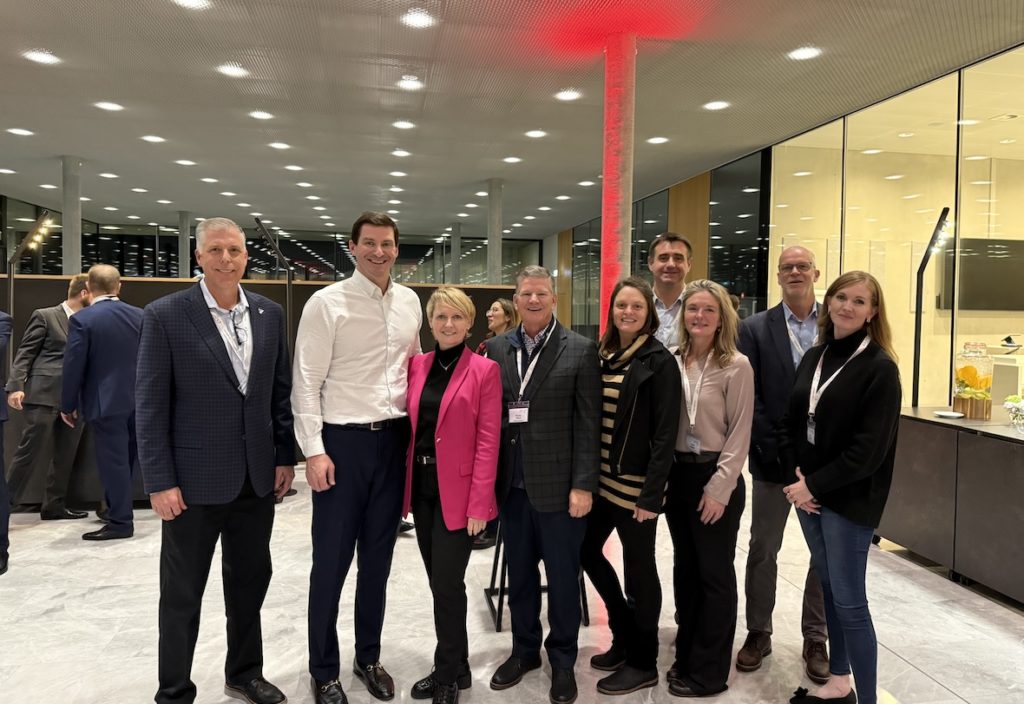
Western Switzerland adopts English as official language 𓆟
1 April 2025

In a joint announcement likely to resonate far beyond Western Switzerland, the cantons of Geneva, Vaud, Neuchâtel, Bern and Fribourg declared that English will become the official language of Western Switzerland, effective immediately.
The decision, part of a bold new initiative dubbed “SwissSpeak 2.0,” aims to ease communication across linguistic borders, reduce confusion in federal meetings, and give startup founders a fighting chance at international investor events. While the plan is framed as temporary, authorities admit it may be the beginning of a more permanent shift toward a language that no one speaks natively—but at least everyone speaks equally badly.
While initially pitched as a boost for international competitiveness and startup clarity, the real reason may be far simpler: everyone is just tired of pretending they understand each other.
“For years we’ve nodded politely through federal meetings, half-hoping the next sentence will be in our language,” admitted one Neuchâtel official. “Now we’re saying what everyone in Switzerland already does in private — when in doubt, just switch to English.”
The initiative will see English replace French and Swiss German in all public startup competitions, innovation grants, and canton-level communications related to economic development. But its reach extends further. Official emails, signage in multi-cantonal projects, and even some internal Slack channels will now default to English — not because it’s better, but because it’s equally bad for everyone.
A recent federal survey revealed that nearly 60% of Swiss professionals default to English when interacting across linguistic regions. In Western Switzerland, the percentage climbs even higher when meetings include colleagues from Zurich, St. Gallen or Ticino. “There’s a reason even train conductors now give up and say ‘Next stop Lausanne,’” quipped one startup founder from the canton of Vaud.
Fribourg, as usual, released a bilingual response expressing measured enthusiasm and existential regret: “Nous comprenons les raisons de ce changement, obwohl wir den Verlust kultureller Nuancen bedauern.”
The canton of Bern, Switzerland’s eternally bilingual middle child, has reacted to the language shift with a mix of cautious optimism and palpable existential dread. Long accustomed to toggling between French and Swiss German depending on the altitude of the room, Bernese officials reportedly welcomed the idea of English as a neutral ground—if only to stop rewriting every cantonal memo twice. “Frankly, we’ve been double-spacing our culture for decades,” sighed one Bernese civil servant. “If English means fewer footnotes, we’re in.” Local municipalities, however, remain divided: Biel/Bienne has already added “Biel/Bienne/Bill” to its road signs, while more rural regions are still waiting for someone to explain the difference between ‘sustainability’ and ‘sustainable’. One insider described the mood in Bern as “cautiously bilingual, mildly caffeinated, and emotionally divided, per usual.”
The practical side of the switch is already being implemented. A new federal tool called TraduXion will translate Swiss-German meeting minutes into something vaguely comprehensible, while Romand expressions like “On se positionne comme un acteur-clé” will be gently rephrased as “We’re giving it a go.”
Meanwhile, EPFL linguists have confirmed that “Swiss English” — with its unique mix of syntax, apology, and deep hesitancy — is already emerging as its own dialect. Sample phrases include:
- “So… we go coffee now, or we align later?”
- “Yes yes, this is not a problem — just a topic.”
- “We should decide, but we don’t have to, no?”
While the Federal Government has declined to comment directly, sources say a confidential draft labeled “HelvEnglish 2030” is already circulating in Bern.

